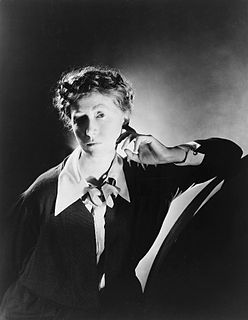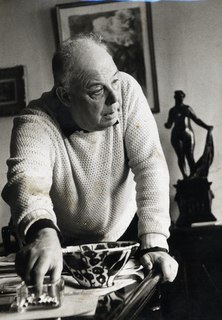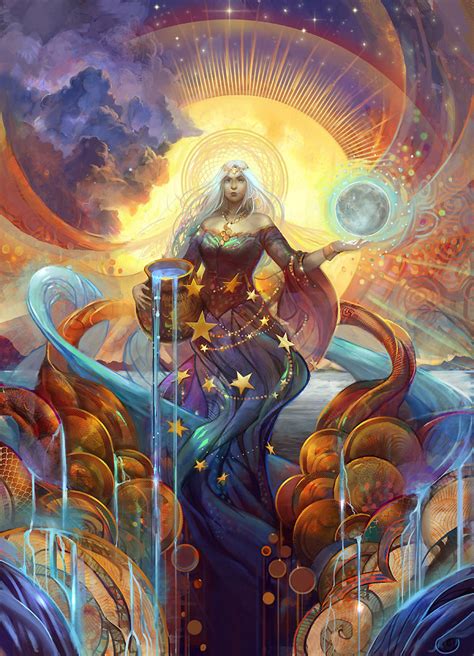A Quote by Marianne Moore
Poetry is the art of creating imaginary gardens with real toads.
Related Quotes
The poet Marianne Moore famously wrote of 'real toads in imaginary gardens,' and the labyrinth offers us the possibility of being real creatures in symbolic space...In such spaces as the labyrinth we cross over [between real and imaginary spaces]; we are really travelling, even if the destination is only symbolic.
Art is not ideology. It is completely impossible to explain art on the basis of the homological relation that it is supposed to maintain with the real of history. The aesthetic process decentres the specular relation with which ideology perpetuates its closed infinity. The aesthetic effect is certainly imaginary; but this imaginary is not the reflection of the real, since it is the real of this reflection.
For any artistic person who creates imaginary people, the art is like inhabiting the life and mind of a seven-year-old child with imaginary friends and imaginary events and imaginary grace and imaginary tragedy. Within that alternate universe, the characters do have quite a bit of free will. I know it's happening in my mind and my mind alone, but they seem to have their own ability to shape their destinies. So I'm not shooting for anything. If the characters are vulnerable it's simply because they're very human.
To the question, ‘Is the cinema an art?’ my answer is, ‘what does it matter?’... You can make films or you can cultivate a garden. Both have as much claim to being called an art as a poem by Verlaine or a painting by Delacroix… Art is ‘making.’ The art of poetry is the art of making poetry. The art of love is the art of making love... My father never talked to me about art. He could not bear the word.
I am preoccupied with the possibility of creating art which functions in a public situation without compromising its private character of being antiheroic, antimonumental, antiabstract, and antigeneral. The paradox is intensified by the use on a grand scale of small-scale subjects known from intimate situations--an approach which tends in turn to reduce the scale of the real landscape to imaginary dimensions.
One might think this means that imaginary numbers are just a mathematical game having nothing to do with the real world. From the viewpoint of positivist philosophy, however, one cannot determine what is real. All one can do is find which mathematical models describe the universe we live in. It turns out that a mathematical model involving imaginary time predicts not only effects we have already observed but also effects we have not been able to measure yet nevertheless believe in for other reasons. So what is real and what is imaginary? Is the distinction just in our minds?
I loathe the trivialization of poetry that happens in creative writing classes. Teachers set exercises to stimulate subject matter: Write a poem about an imaginary landscape with real people in it. Write about a place your parents lived in before you were born. We have enough terrible poetry around without encouraging more of it.





































